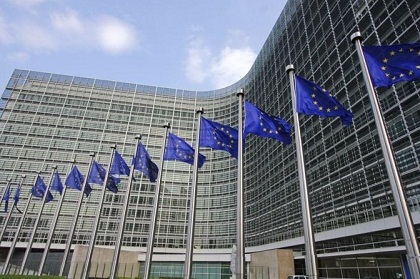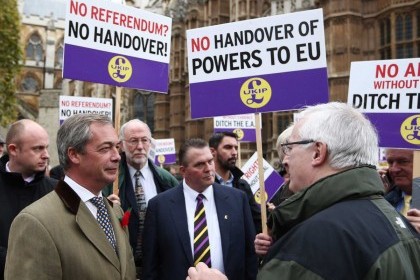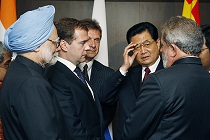Countering Hybrid Threats in the Cyber Age
From 19-20 June, Brussels-based think tank, Friends of Europe organised an online brainstorming on global security issues called Debating Security Plus 2018. As part of this, Gateway House co-moderated the discussion on hybrid and asymmetric warfare. Below is the summary of that discussion, from the final report of the Debating Security Plus.






